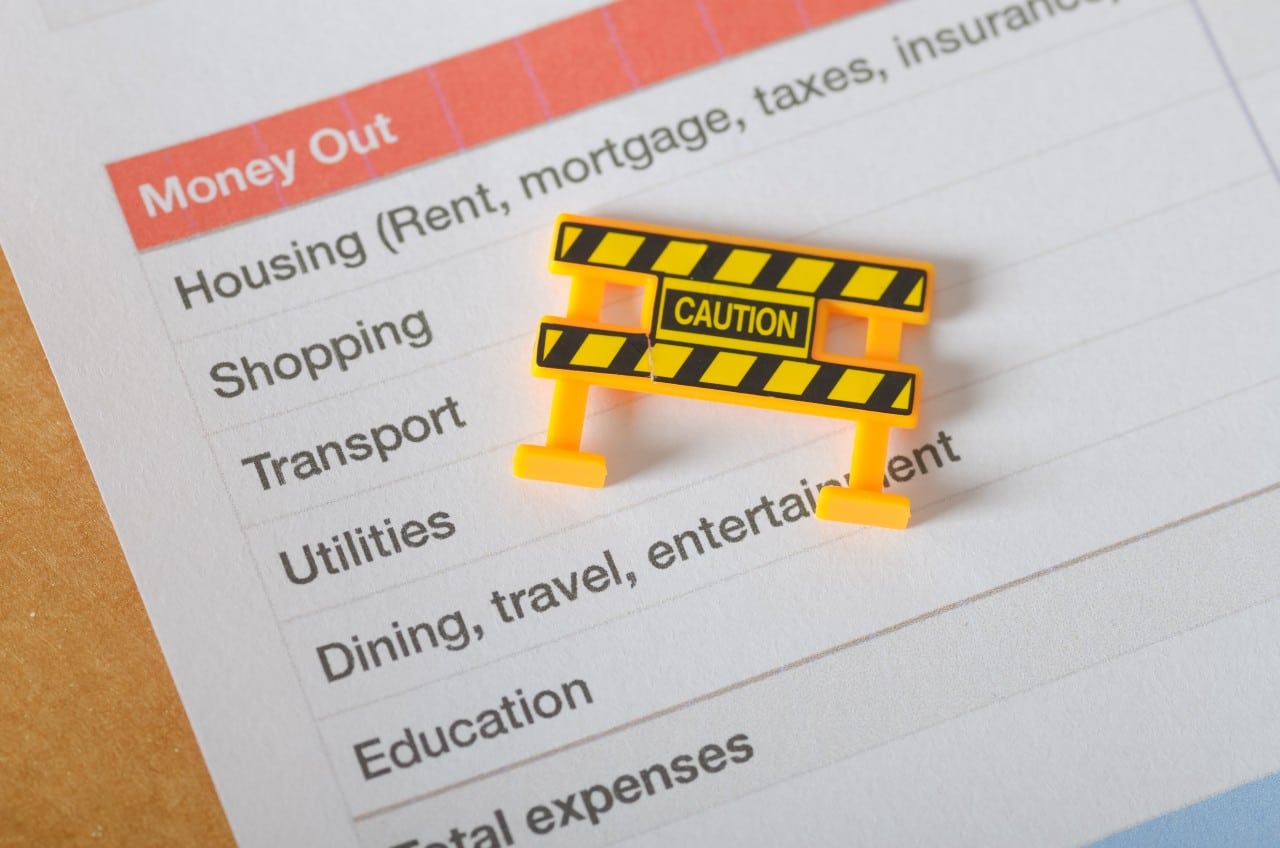Household debt is reaching new heights in Canada. According to the Q4 2024 TransUnion industry report, consumer debt in Canada grew to $2.5 trillion, an increase of 4.5% year-over-year. Many Canadians are trying to juggle paying bills, credit cards, and loans— all while trying to make ends meet.
Find out how much debt the average Canadian is carrying, why household debt is rising, and tips to help you navigate your finances.
How much debt do Canadians carry?
Canadians owe more money than ever before. According to Equifax, the average debt in Q1 2025 (excluding mortgages) amongst those ages 46 to 55 was $34,371, and those ages 36 to 45 was $26,873.
Also, when it comes to credit card debt, the average Canadian has a balance of $4,787, according to a Wealthsimple survey. For homeowners in Canada, the average value of new mortgage loans across the country in Q4 2024 was $343,271, according to a report by the CMHC.
Why is household debt rising?
These are the four reasons why the national debt levels are rising:
High housing costs: In the past decade, house prices have remained high. As a result, Canadians are taking on larger mortgage balances to buy a home.
Lowering interest rates: As the Bank of Canada is making interest rate cuts, it lowers mortgage interest rates. This encourages homeowners to borrow more money and increase their debt.
Rising cost of living: Consumers rely on credit for daily essentials such as food and utilities.
Job market uncertainty: With a weakening economy, job security remains unstable. Also, increases in salaries and wages are barely keeping up with inflation.
How has household debt changed over time in Canada?
Over several decades, Canadian household debt has gradually increased. Historically, consumers avoided debt unless it was needed. Now, borrowing money is a common practice when it comes to buying a car, paying for education, and purchasing a home.
Canadians are also more comfortable using a credit card than in the past. This has led to an increase in credit card debt. As such, some users are finding it difficult to pay off their balances.
Furthermore, 29% of Canadians who plan to retire within the next two years say they will carry a mortgage into retirement, based on a recent Royal LePage survey.
These trends show that Canadians are borrowing more and taking on larger debts. Thus, it can be challenging to balance debt repayment and achieving other financial goals.
What does this mean for Canadian consumers who have debt?
With rising debt levels, you may feel the impact in the following ways:
- You may feel financial stress as you juggle multiple debts simultaneously. This can cause anxiety and impact your mental well-being.
- You may be limited in your ability to save and invest. This domino effect could delay your retirement goals.
- You could miss bill payments, which can hurt your credit history and lower your credit score.
On the bright side, you can be proactive and protect yourself financially, which we’ll explore in the next section.
6 tips to handle household debt
The following are proven strategies to help you improve your financial situation and ease your debt load.
Create a budget
Begin by tracking how much you earn and spend every month. This exercise enables you to see the big picture of what categories you’re spending your money on. It can also help you determine which areas you can cut costs. For example, you may choose to cancel unused subscriptions or dine out less often.
Avoid taking on new debt
The household debt service ratio (DSR), which measures the amount of a household’s disposable income used to pay off debt, remained steady at 14.40% in Q1 2025, according to Statistics Canada. If possible, avoid taking out new loans from financial institutions or lenders. Also, try to steer clear of charging big expenses to your credit card. This practice will keep your debt load from growing.
Build an emergency savings fund
Unexpected events will happen, and you need to prepare to cover these costs. Emergencies can include losing your job, having a medical bill, or needing to repair your home. You can start with a small amount to grow your emergency fund. Aim to save between three and six months’ worth of expenses.
Focus on high-interest debt
Prioritize debt with the highest interest rates. For example, consider paying off your credit card first since it typically has a 20% interest rate. Other types of high-interest debt are payday loans and possibly auto loans. Following this strategy can save you money in the long term.
Build your credit score
When you use credit wisely and make timely payments, you can build your credit history and improve your credit score. Having a decent credit score will assist with loan approvals and obtaining lower interest rates.
Consolidate your debts
It’s common to have multiple debts, such as an auto loan, mortgage, home equity line of credit, student loan, or personal loan. If you have several debts and are struggling to keep on top of paying them, consider combining them into a single loan with a lower interest rate. Use our debt consolidation calculator to see how much you can save in interest.
Moving forward with financial confidence
The reality is that household debt plays a significant role in the lives of Canadians. However, when used responsibly, it can help you build your credit score, buy a home, or pay for unexpected costs. When you start to understand your financial situation, you can take the steps to be in control of your money.
When it comes to managing your debt, you don’t need to tackle it alone. A Credit Counsellor can help you create a customized debt repayment plan. Contact us today for a free consultation.










